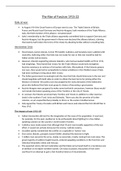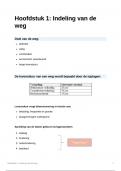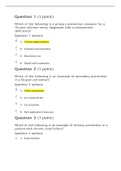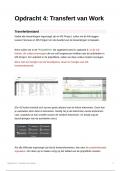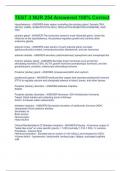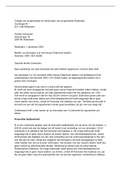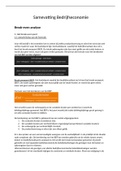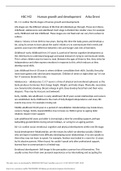Summary
Summary The Rise of Fascism
- Institution
- AQA
Summary notes condensing the content relating to The Rise of Fascism . Looks at the impact of World War One on Italy and how Mussolini manipulated this to seize the initiative and orchestrate the March on Rome in 1922.
[Show more]
